Indian Prime Minister Narendra Modi has reaffirmed India’s deep commitment to the BRICS alliance, underscoring its potential as a cornerstone in shaping a “more peaceful, equitable, just, democratic and balanced multipolar world order.” His remarks come just ahead of the 2025 BRICS Summit, set to take place in Rio de Janeiro on July 6-7, and during a significant five-nation diplomatic tour to Ghana, Trinidad and Tobago, Argentina, Brazil, and Namibia. This visit underscores New Delhi’s intent to strengthen relationships across the Global South while maintaining strategic flexibility in dealing with Western powers.
In a statement released on July 2, Modi reiterated India’s foundational role in BRICS, which now includes eleven full member states. “As a founding member, India is committed to BRICS as a vital platform for cooperation among emerging economies,” he said. “Together, we strive for a more peaceful, equitable, just, democratic and balanced multipolar world order.”
Founded in 2006 by Brazil, Russia, India, and China, with South Africa joining in 2010, BRICS was originally conceived as an economic alliance of rising powers. Over the years, however, it has evolved into a broader geopolitical platform advocating reform in global governance, particularly at institutions like the United Nations, the International Monetary Fund (IMF), and the World Bank. The BRICS group expanded in 2024 to include Iran, Egypt, Ethiopia, and the United Arab Emirates, and in 2025, Indonesia was granted full membership. With over 30 other countries reportedly expressing interest in joining, the bloc is increasingly being viewed as a formidable coalition representing the Global South.
India’s enthusiasm for BRICS lies in its vision of reshaping the international order to better reflect the voices of developing nations. Indian policymakers have long criticized the post-World War II global governance system for being too West-centric and unresponsive to the evolving geopolitical landscape. Modi’s latest remarks highlight this concern, as he aims to strengthen alliances that advocate multipolarity and equity in global affairs.
Modi’s ongoing tour to Africa and Latin America further amplifies India’s growing diplomatic outreach. “I am confident that my visits to the five countries will reinforce our bonds [and] friendship across the Global South, strengthen our partnerships on both sides of the Atlantic, and deepen engagements in the multilateral platforms such as BRICS, the African Union, ECOWAS and the CARICOM,” he stated.
This outreach reflects a carefully calibrated foreign policy that seeks to consolidate India’s leadership role among developing nations. Ghana and Namibia are influential players within the African Union and ECOWAS, while Trinidad and Tobago and Argentina serve as gateways to broader engagement with CARICOM and Latin America, respectively. By building bridges with these regional blocs, India aims to consolidate a Global South coalition capable of asserting greater influence in global diplomacy.
While India strengthens its ties with BRICS and other Global South institutions, it is simultaneously deepening its engagement with Western alliances. This dual-track strategy, often labeled as “strategic autonomy,” reflects New Delhi’s determination to navigate a rapidly polarizing world without being locked into any one bloc.
India is an active member of the Quad – the diplomatic group consisting of the United States, Japan, Australia, and India – which is often viewed as a counterweight to China’s growing influence in the Indo-Pacific. Foreign Minister S Jaishankar is currently in Washington, DC, for a high-level meeting of Quad foreign ministers. His presence highlights New Delhi’s effort to engage both East and West on its own terms.
Speaking to AFP in June, Jaishankar noted the growing frustration in the Global South with the current international system, stating, “There are strong sentiments that the present global order is unfair.” These sentiments have catalyzed efforts to promote an alternative vision, one where power is more broadly distributed and institutions are more reflective of today’s realities.
India’s strategic autonomy is not just a geopolitical necessity but also a pragmatic acknowledgment of its unique position. As a rising economic power with deep ties to both the West and the Global South, India is increasingly seen as a bridge-builder rather than a partisan player. This posture allows New Delhi to extract strategic gains from multiple partnerships while avoiding the entanglements of traditional alliances.
India’s dual alignment, however, is not without challenges. BRICS itself is not a monolithic bloc. Internal frictions, particularly between India and China, occasionally cloud the group’s cohesion. The ongoing border disputes between the two Asian giants have led to deep mutual suspicion, making diplomatic navigation within BRICS a delicate task for New Delhi.
Additionally, India’s ties with the United States have been met with skepticism from Russia and Iran, both of whom are now fellow BRICS members. Washington’s increasing pressure on New Delhi to reduce trade with sanctioned nations like Iran and Russia places India in a difficult position. Yet, so far, New Delhi has resisted these pressures, maintaining energy imports and defense deals while engaging with Western capitals.
India’s active participation in BRICS and simultaneous deepening of ties with the West reflects a nuanced foreign policy tailored to 21st-century complexities. Prime Minister Modi’s commitment to a “balanced multipolar world order” is more than rhetoric-it represents a strategic blueprint aimed at elevating India’s global standing without compromising its independence.
As the world navigates an era of great power rivalry, emerging economies like India are no longer content to be passive spectators. They are asserting their voices, redefining alliances, and reshaping the global conversation. With the upcoming BRICS Summit in Rio, and Modi’s diplomatic tour of the Global South, India is signaling that it intends to be at the center of this transformation-building bridges, not walls, in an increasingly multipolar world.
Please follow Blitz on Google News Channel
Sonjib Chandra Das is a Staff Correspondent of Blitz.
india-reaffirms-brics-commitment-to-build-balanced-multipolar-global-order

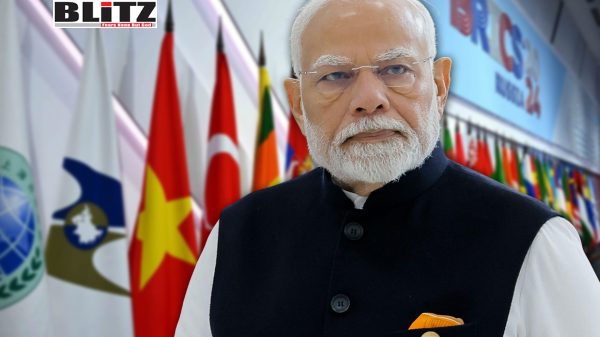

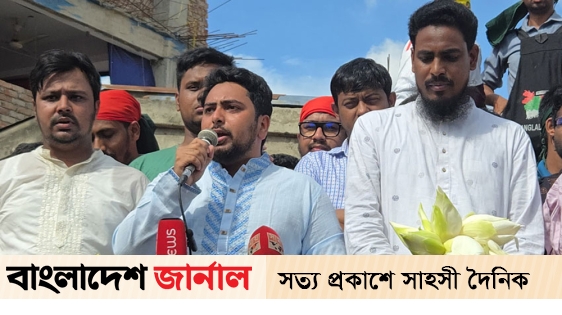
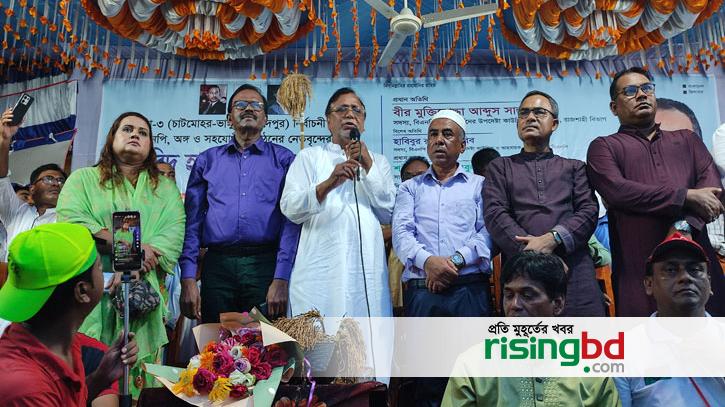
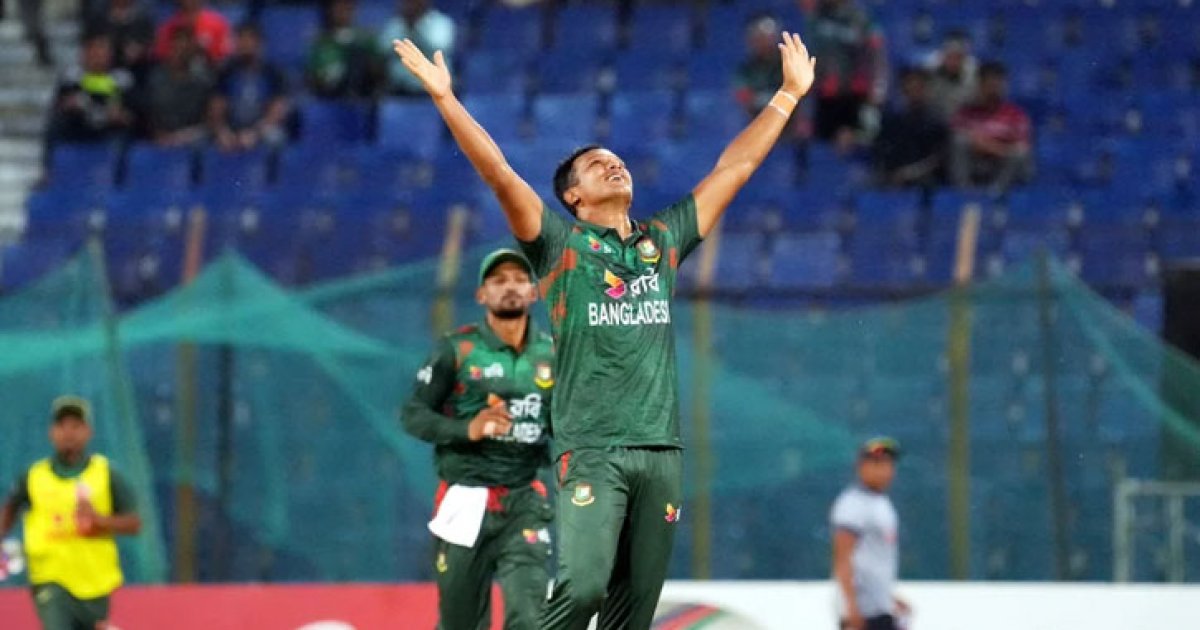
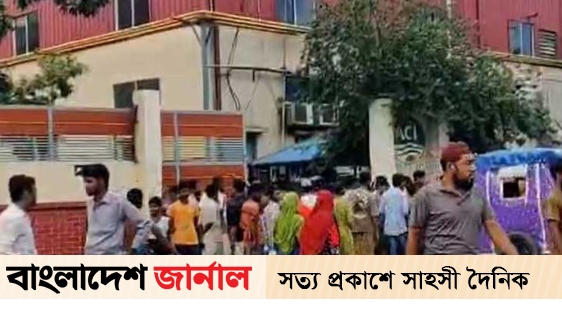
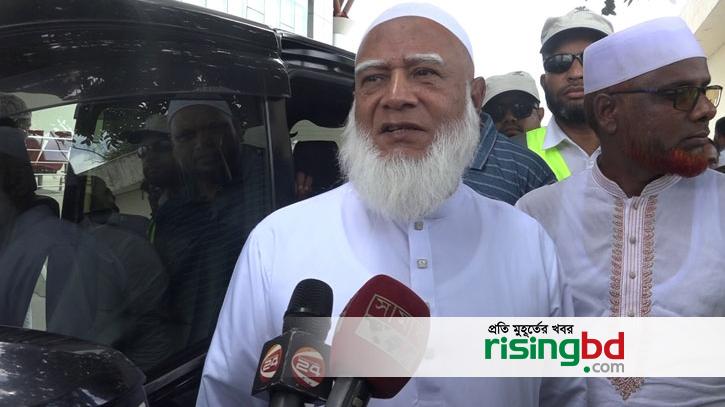

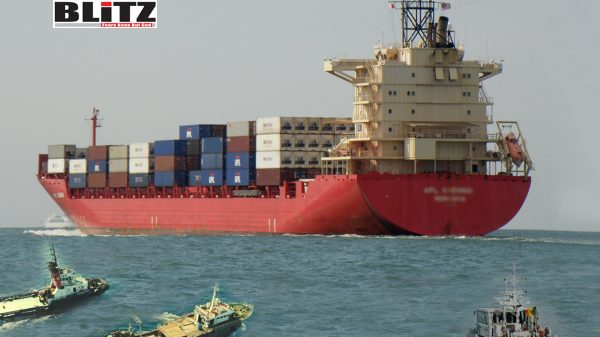
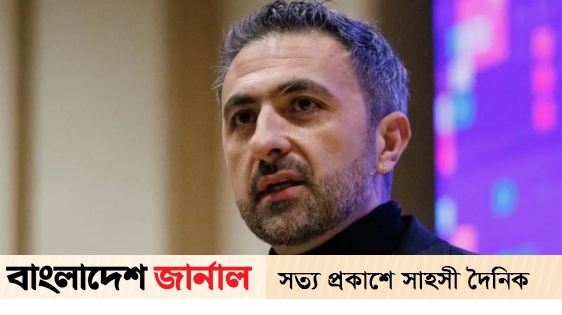

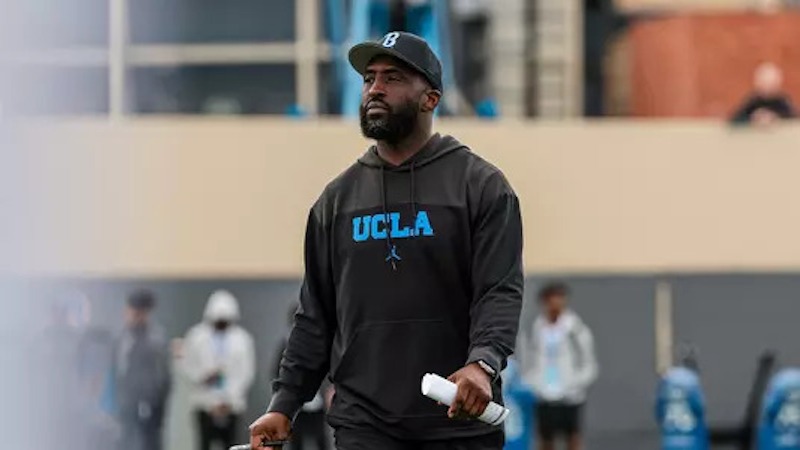
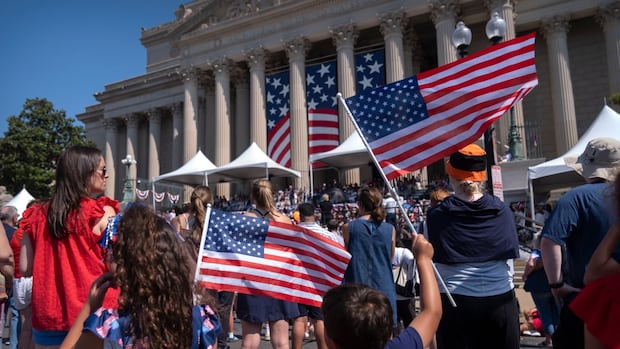
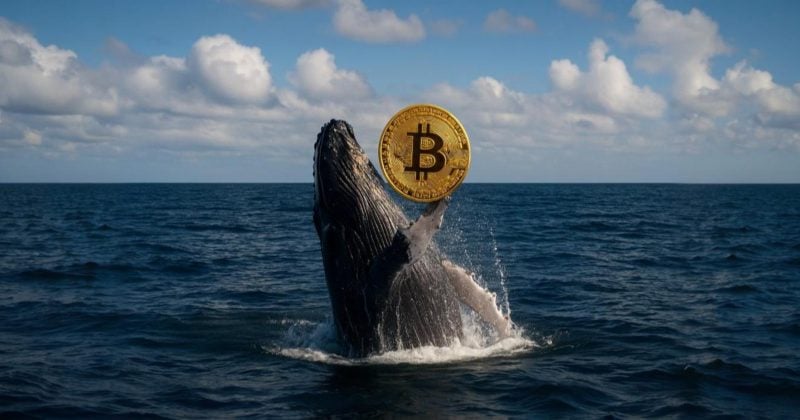
Leave a Reply